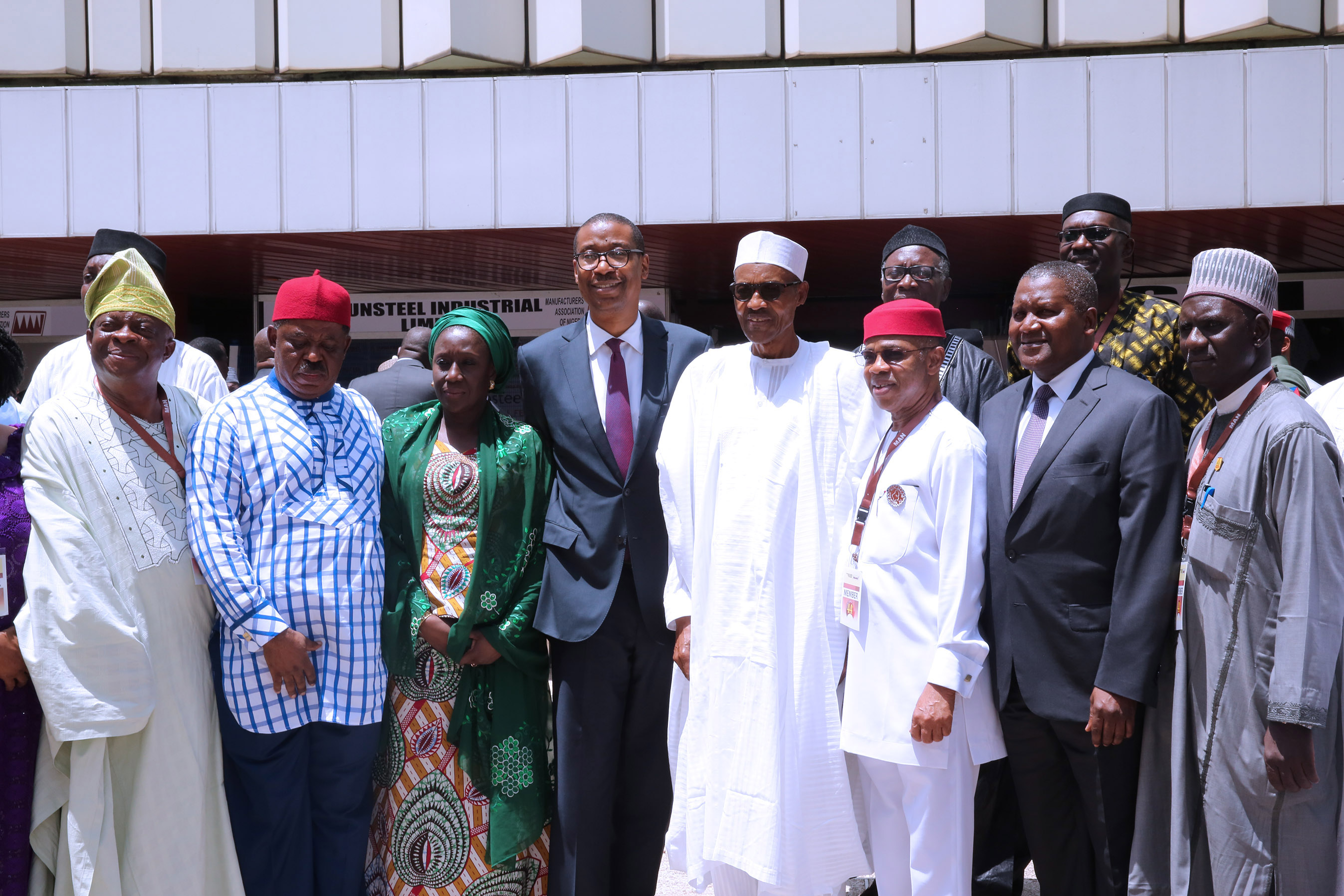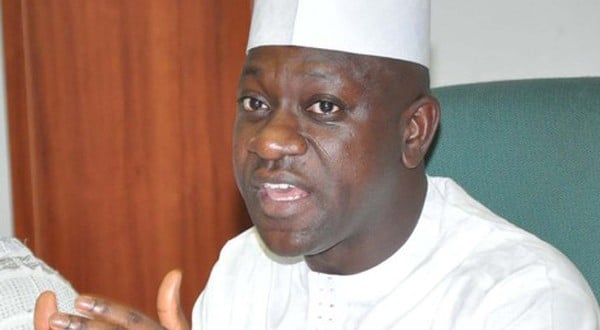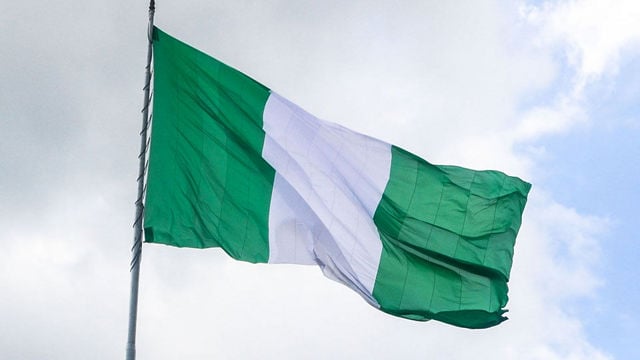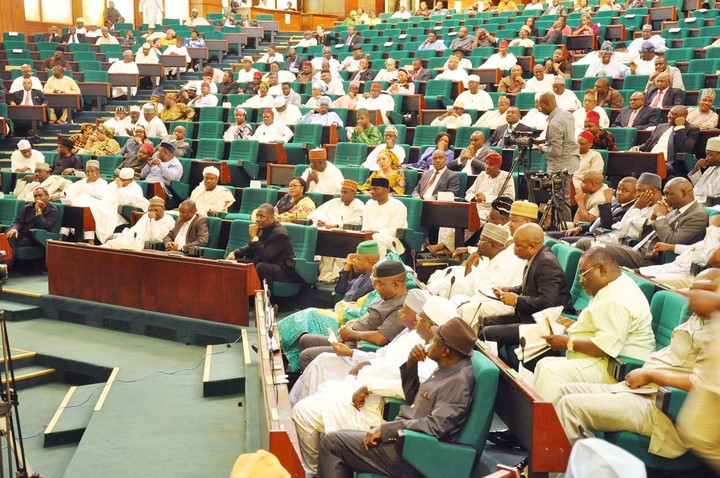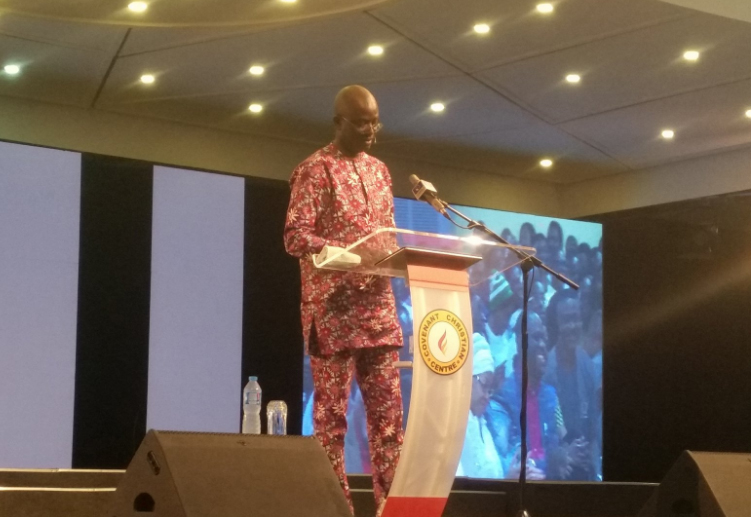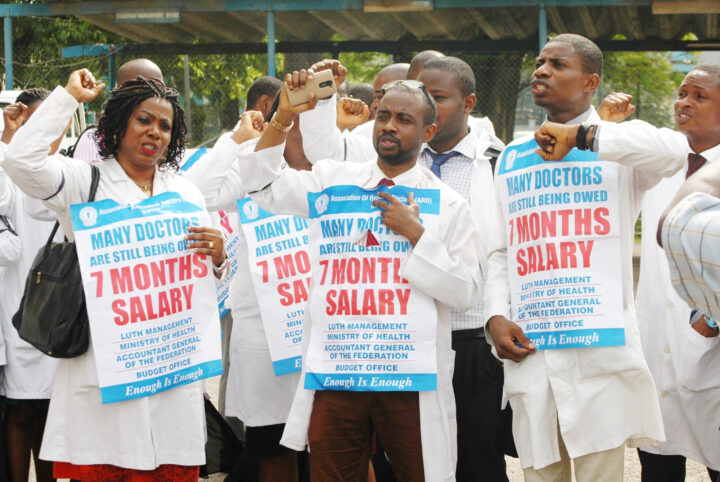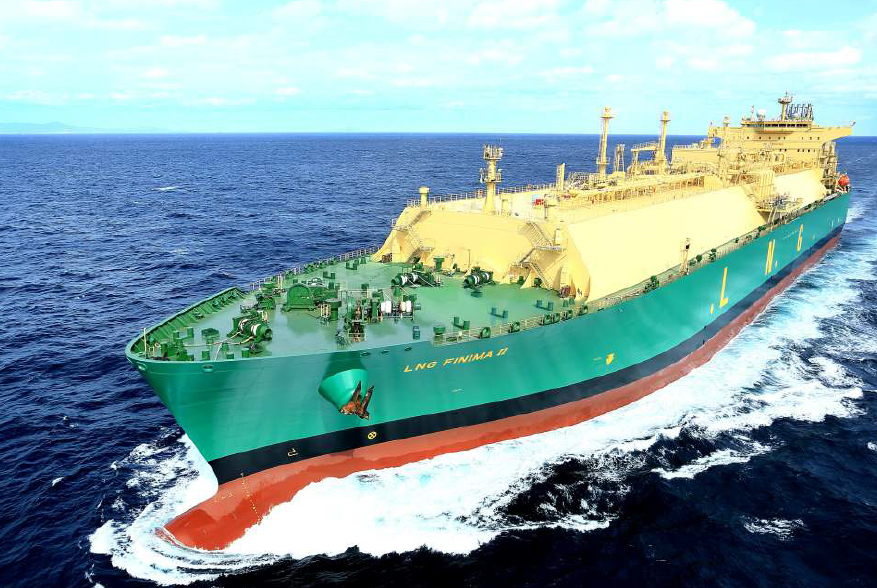I thank the organizers of this AGM for giving me the opportunity to make a few remarks on the topic – Diversifying the Nigerian Economy: the Role of Government in Manufacturing.
Although the Nigerian economy has always been a topical issue of discussion, these debates have been amplified since the economy officially slipped into recession in mid-2016. The consequences of this economic contraction are now very palpable – inflation and unemployment are on the rise, our external reserves have deteriorated and the Naira continues to hit record breaking lows.
A cursory review of our economic history will reveal that our present predicament has arisen because of many decades of poor choices. As a nation, we have been reluctant to take bold (and sometimes unpopular) economic decisions that would have changed the growth trajectory of the nation and delivered to our people living standards that are commensurate with our enormous resource endowments.
Collapsing oil prices and economic contractions are not entirely new in Nigeria. Many of us vividly recall the years of economic contraction in the eighties precipitated by a fall in oil prices. What is probably different now is the sheer scale of the problem. Our economy today is a lot larger than it was in the eighties, our import bill is enormous and our population far greater. Added to this are contemporary challenges such as militancy and insurgency both of which continue to adversely affect the country’s fiscal position. Since oil prices are unlikely to rebound any time soon, it would not be an exaggeration to assert that the very “existence” of our country is now hinged on the rapid diversification of our economy, especially in the manufacturing, agriculture and mining sectors.
Advertisement
It is necessary to clarify that Nigeria does not strictly speaking, have a mono-product economy; since the oil sector does not account for a large percentage of GDP and total employment. Nevertheless, the government remains very dependent on the oil sector for its revenue and most of its foreign exchange earnings. The crux of our problem is therefore the depth and quality of diversification. To be impactful, diversification in Nigeria has to occur across several fronts.
There is export diversification, which involves creating multiple streams of foreign exchange income by exporting a variety of value added products (as well as services). Next is fiscal diversification to shore up the contribution of non-oil revenue to total government revenue by increasing tax receipts. The emphasis should however be on expanding the tax base rather than increasing the tax rate.
Nigeria needs to leverage on the modest gains it has made in the Agricultural sector over the past few years to build end-to-end integrated agro value chains. In the process, we will boost local industrial production to meet domestic demand and reduce our country’s reliance on imported food products.
Advertisement
To demonstrate seriousness and sincerity in its declared drive to revive the agricultural sector, government should come out with a comprehensive package of incentives and reliefs that addresses the issues of high entry cost, absence of low interest funding, long gestation periods, access to land , availability & cost of imported inputs and absence of guaranteed commodity prices.
For example, in India and Sudan, zero taxation is applied to their agricultural sectors to incentivize investments. With a population of over 180 million people; projected to grow to 210 million by 2020, Nigeria must pay serious attention to the issue of food security.
Nigeria has about forty-four known minerals and so mining presents an excellent opportunity for the development of industries such as iron, steel and aluminum. In addition, exploiting our substantial coal deposits in the South East and Middle-belt will help to diversify Nigeria’s energy mix and improve energy security. May I also add that at Dangote Cement, all our plants will be converted to run on coal before the end of this year.
Diversifying the Nigerian economy can sometimes be misconstrued to mean neglecting the oil & gas sector. On the contrary, the oil & gas sector needs to be deepened and expanded to enable us unlock the full benefits in the hydrocarbon value chain.
Advertisement
Even though diversification of the economy has to be private sector driven, government has a huge role to play in creating a conducive climate for businesses to thrive. One of the biggest challenges in Nigeria today is the deteriorating macroeconomic environment. Government needs to quickly restore confidence in the economy by beefing up its external reserves while making concerted efforts to improve the overall business climate. Investors always look out for stability of the local currency amongst other factors in making decisions on whether or not to risk their investment in any economy. Needless to say, to effectively diversify the economy the private sector would require foreign exchange to make the necessary investments in new sectors.
Some of the other areas requiring government attention include-:
- Facilitating access to single digit medium to long term funds
- Improving the state of our infrastructure – Roads, Railways, Seaports etc
- Reorienting the Nigerian Customs Service from a revenue generating agency to a trade facilitation agency
- Implementing the gas master plan and gas sector reform
- Curbing the incidences of smuggling, adulteration and counterfeiting.
- Strengthening our regulatory agencies (NAFDAC, SON etc)
- Providing incentives that are commensurate with the risk inherent in each sub-sector.
- Avoiding policy inconsistency
- Aligning the education curriculum to the needs of industry
Your Excellency, distinguished Ladies and Gentlemen, depressed crude oil prices have become the “new norm” and will remain so for quite some time. Diversification is no longer an option, it has now become our only hope. It is therefore imperative that all stakeholders work together to expand the real sector of our economy with a view to reducing our dependence on imports as well as growing our non-oil exports.
Advertisement
Nigerians are used to ups-and-downs in the economy; what is needed is clear communication from government to allay people’s fears and restore confidence. Countries like South Korea, Turkey and Malaysia were all able to achieve rapid diversification over relatively short time periods – Nigeria can do it too, and even better.
In closing, one major success story recorded by the Federal Government in its efforts to diversify the economy was in the cement industry, where a rigorous Backward Integration Policy was implemented in 2002. This policy moved Nigeria from the world’s leading importer of cement to not only becoming self-sufficient, but also a net cement exporter with a potential inflow of $1.25billion per annum against exports and $2.5billion forex savings this year that would otherwise have been required to fund imports for local cement consumption. A success story of this magnitude should be protected and replicated through policy consistency in order to encourage similar success stories and risk taking by investors.
Advertisement
I thank you for your attention.
Remarks by Dangote, President/CE – Dangote Group, at the 44th AGM of the Manufacturers Association of Nigeria (MAN) held on September 29, 2016.
Advertisement
Views expressed by contributors are strictly personal and not of TheCable.
Add a comment

